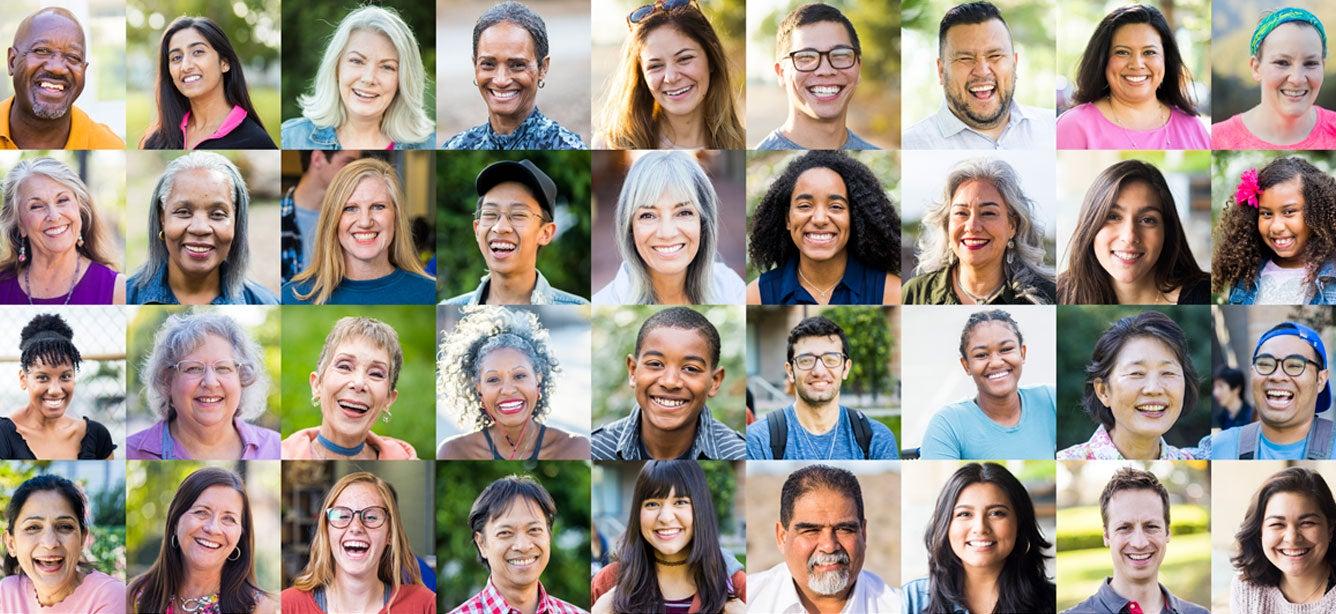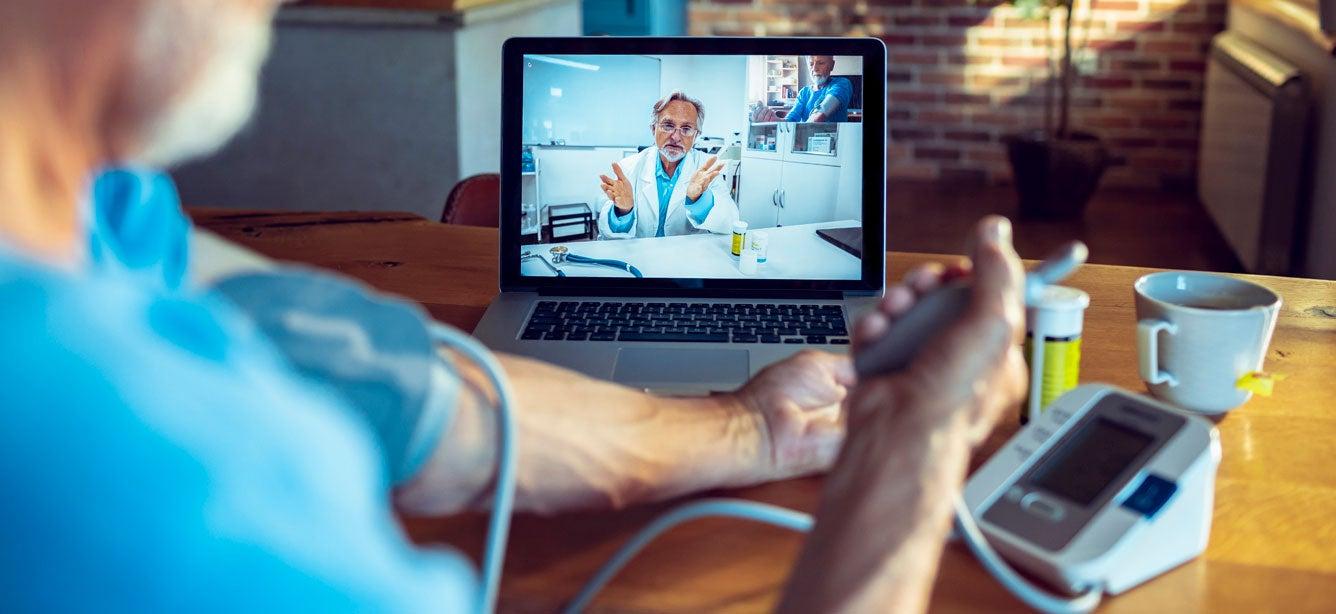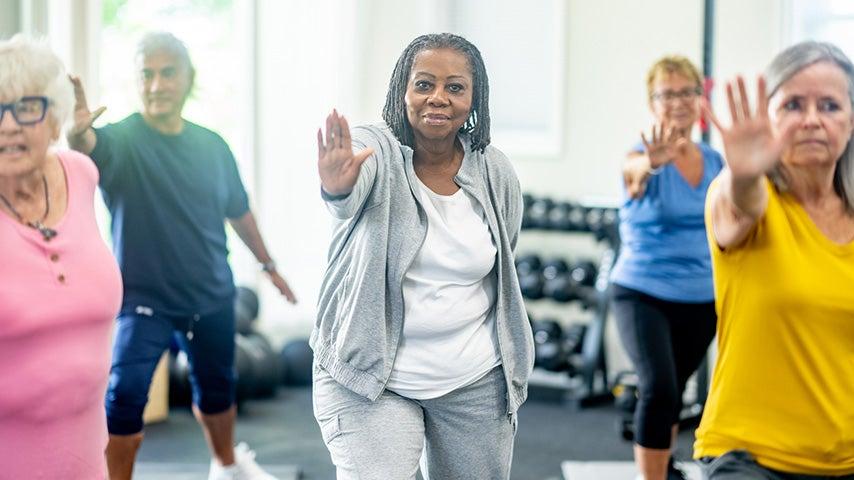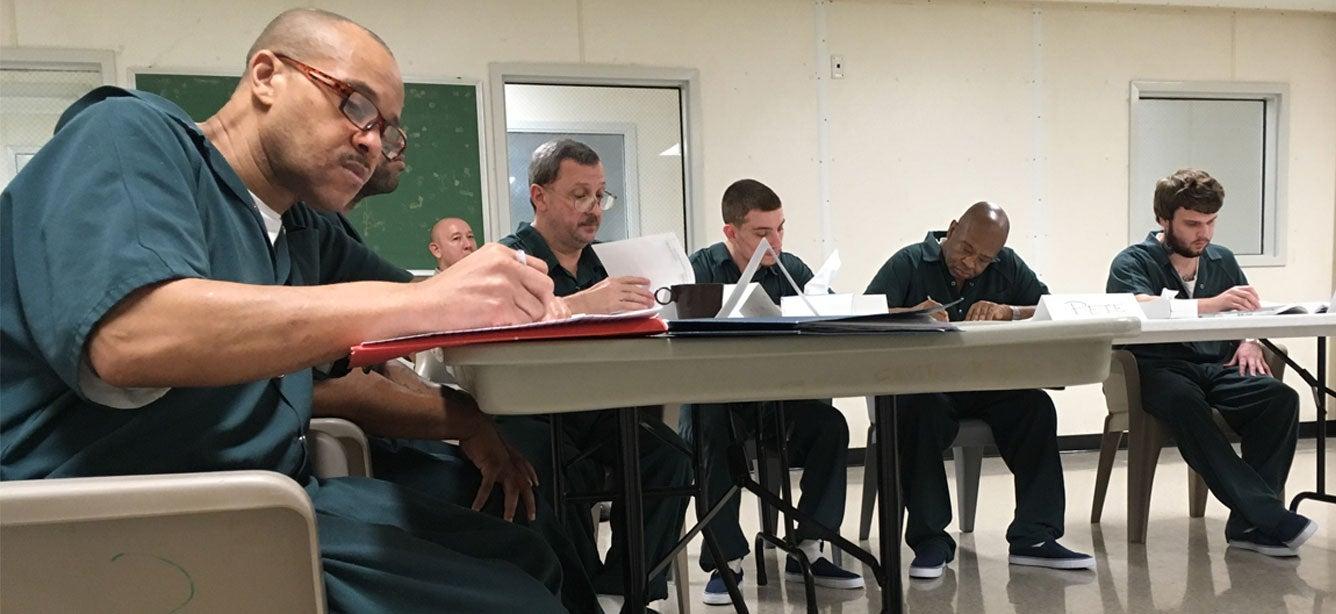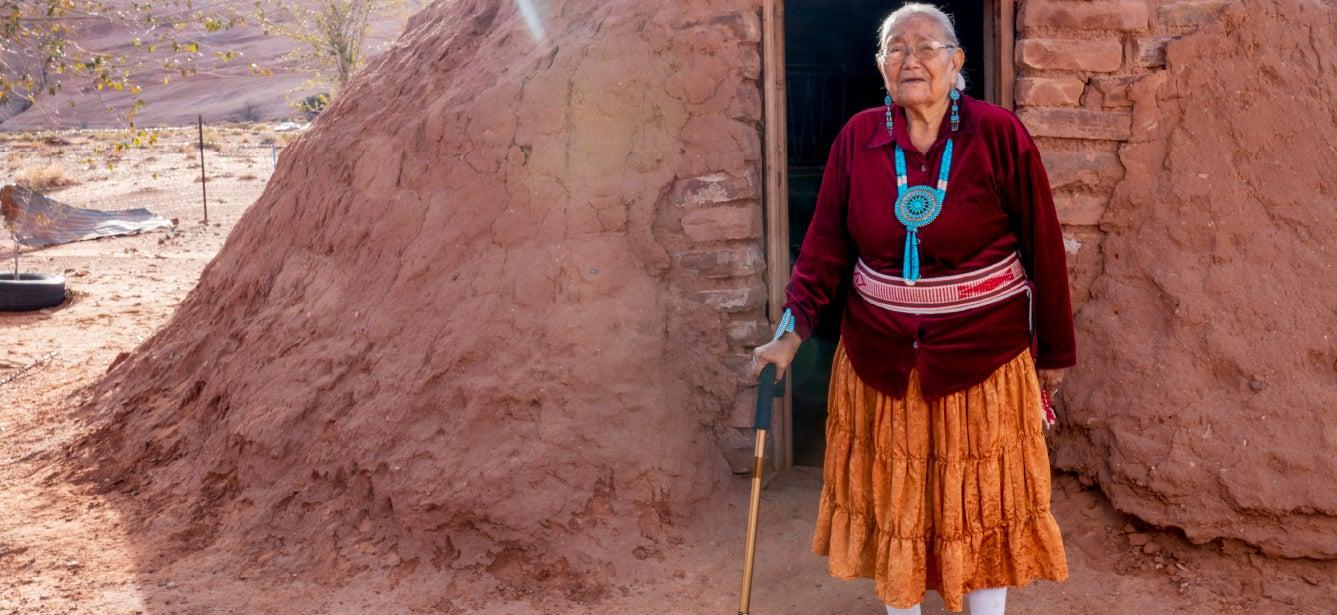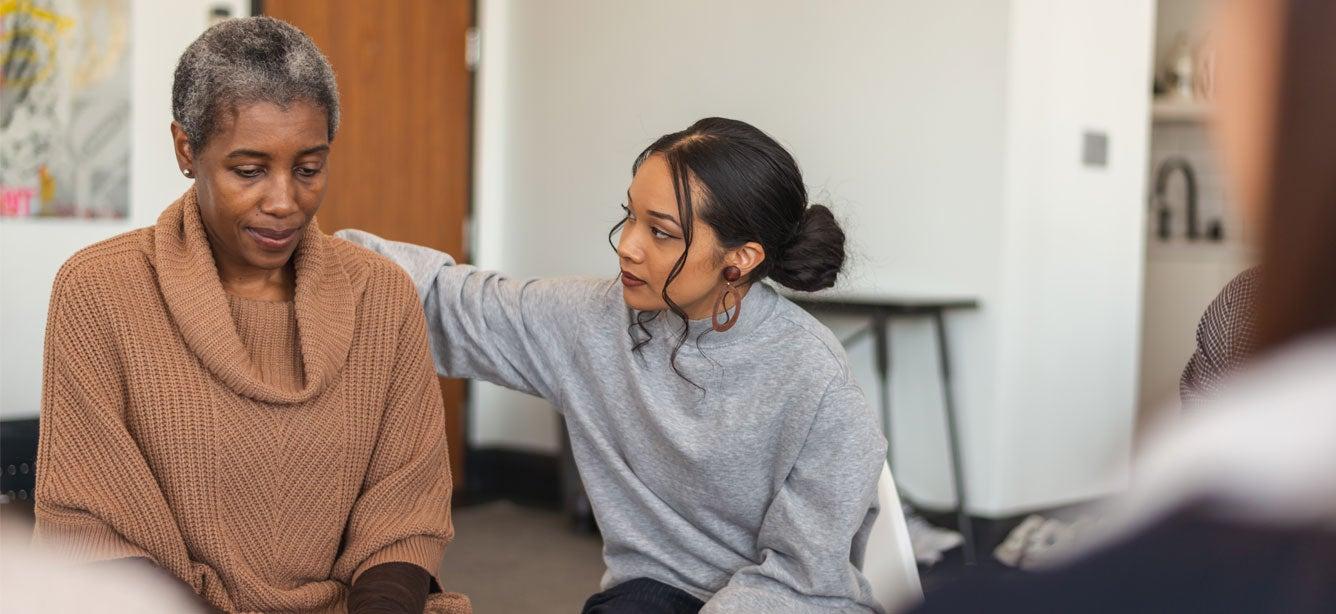Evidence-Based Programs

About Evidence-Based Programs
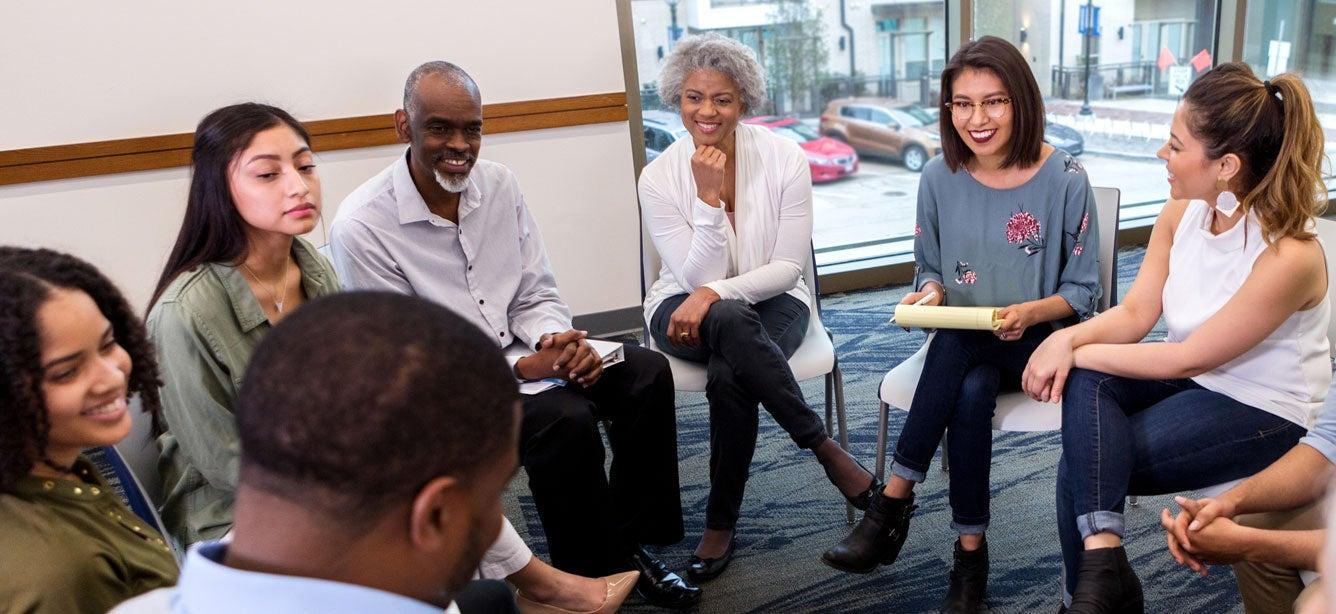
Find an Evidence-Based Program
Evidence-based programs offer proven ways to promote health and prevent disease among older adults. Find one that meets the needs of your community.
Apply to Become an Evidence-Based Program
Learn more about how new programs can be approved for use with ACL funding by completing the 2-stage evidence-based program review process.
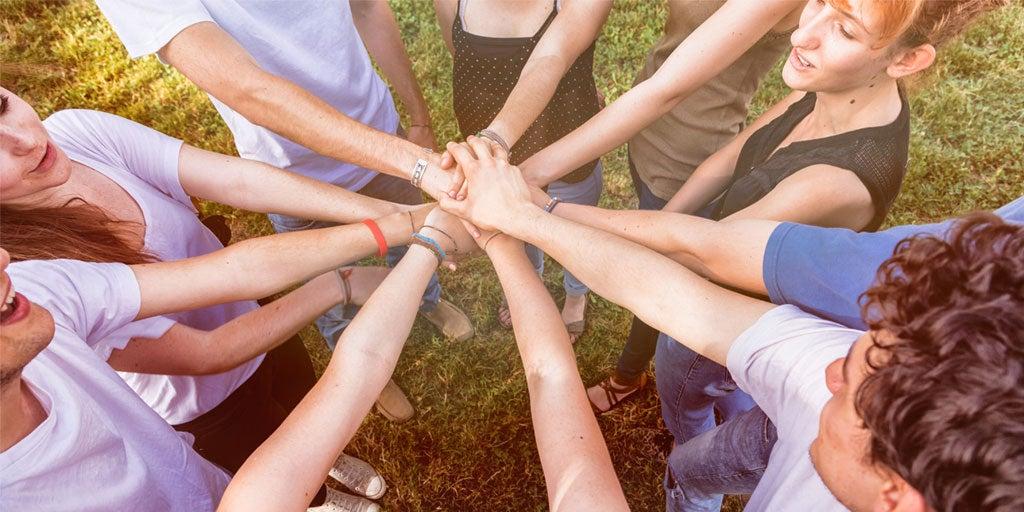
Chronic Disease Self-Management Education Programs
Following fidelity when implementing evidence-based chronic disease self-management education programs brings beneficial outcomes for participating older adults. Use this fidelity reference hub to learn more about the Evidence-Based Programs approved by the Administration for Community Living (ACL).
Falls Prevention Programs
Leader training and fidelity monitoring are the hallmarks of quality assurance for falls prevention programs that have been approved by ACL. Fidelity improves the quality of what is being delivered and ensures all program activities are implemented correctly to benefit participants.
Tip Sheets to Utilize for Evidence-Based Programs
Reaching Adults with Disabilities with Evidence-Based Programs
Evidence-Based Programs and Indigenous Communities
Resources for Indigenous Communities
HAPID® Updates for Database Users
The Healthy Aging Program Integrated Database (HAPID) is where grantees and database users to enter workshop data and track performance for both falls prevention and CDSME evidence-based programs. Learn more about HAPID features, including how data could impact reporting.
More Stories
Get the Facts on Falls Prevention
May 30, 2025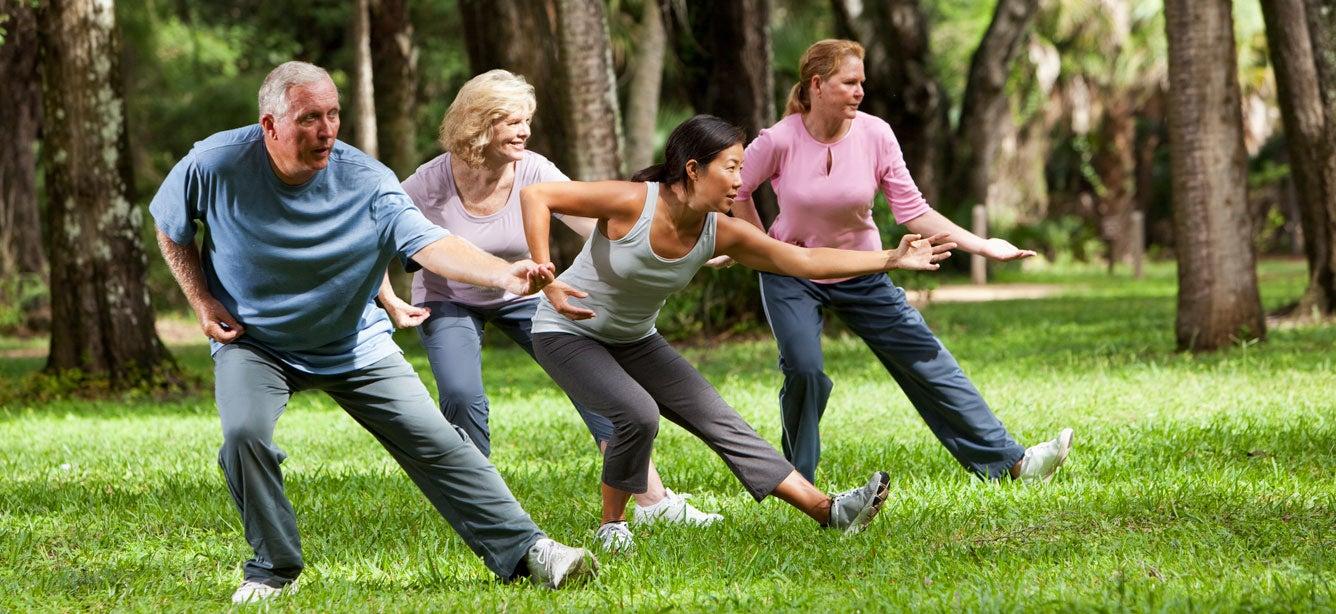
Evidence-Based Program: Bingocize®
Jan 21, 2025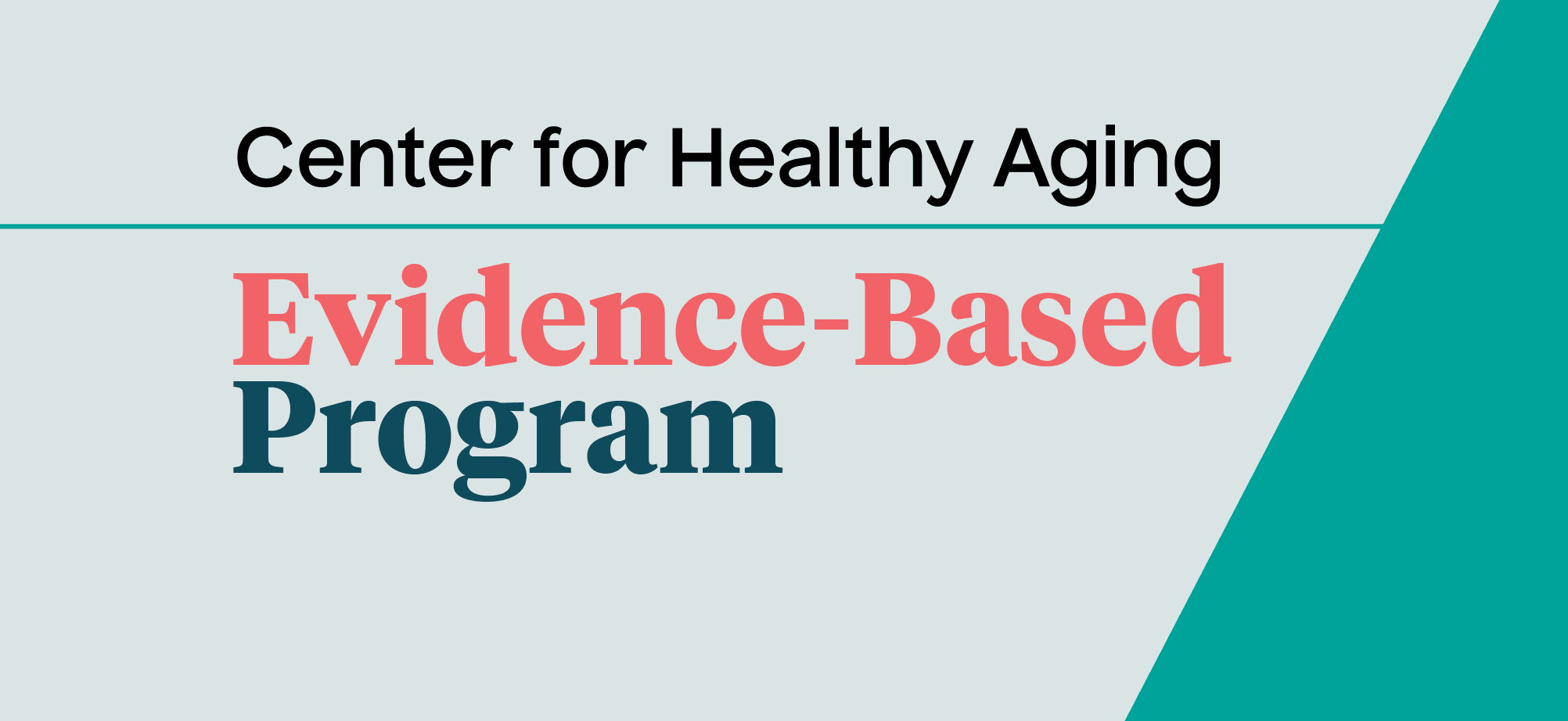
Apply to Become an Evidence-Based Program
Jan 15, 2025